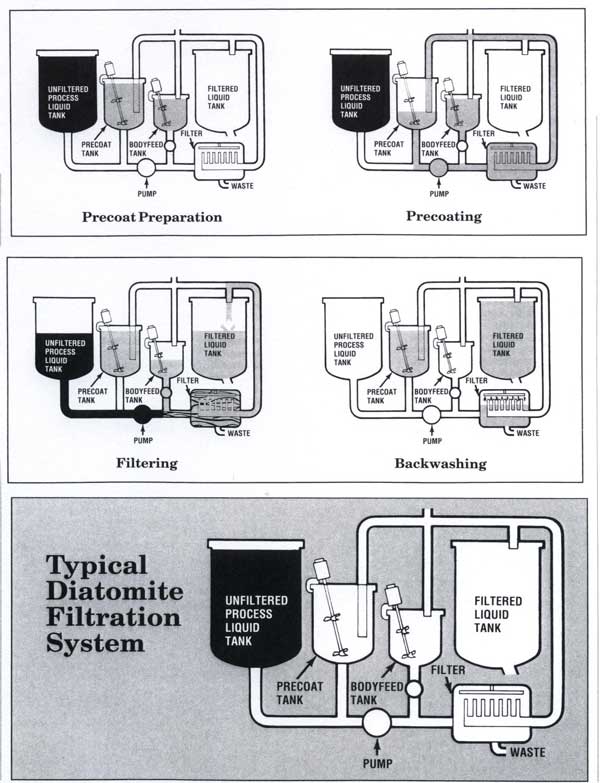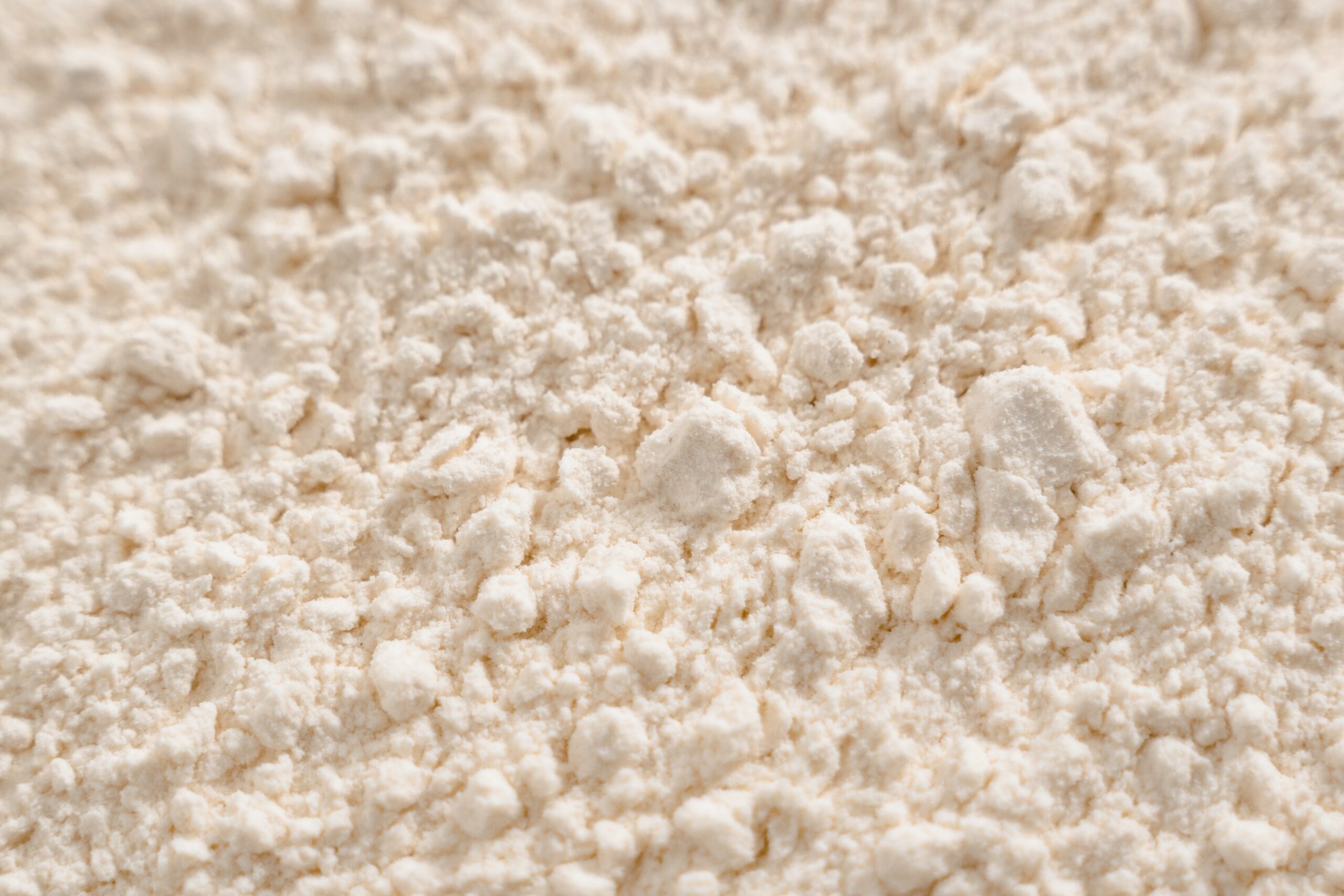Unlocking the Conveniences of Diatomaceous Planet Filtering for Pure and Tidy Water
The exploration of diatomaceous earth (DE) filtering presents a compelling option for those looking for lasting and efficient water purification methods. As the demand for tidy water proceeds to rise worldwide, understanding the multifaceted applications and benefits of DE filters might disclose critical understandings for both house and commercial usage.
What Is Diatomaceous Planet?
Diatomaceous planet, frequently referred to as DE, is a normally occurring stratified rock made up mostly of the fossilized remains of small, marine organisms referred to as diatoms. These single-celled algae are abundant in silica, which is the key element of DE. The one-of-a-kind structure of diatomaceous earth is composed of tiny, porous bits that give a high area, making it an efficient filtering medium.
DE is typically collected from old lake beds and deposits, which have built up over countless years. It looks like a fine, white to beige powder, and its chemical structure largely consists of silicon dioxide, together with trace amounts of numerous minerals. This structure is what gives DE its remarkable residential properties.
Along with its application in water purification, diatomaceous earth is used in a range of industries, consisting of agriculture, food storage space, and parasite control. Its capability to absorb moisture and its unpleasant qualities make it a valuable source in these fields. On the whole, diatomaceous earth stands apart as an ecologically pleasant choice for different applications due to its all-natural beginning and effectiveness in filtering procedures.

Exactly How Diatomaceous Planet Filtering Functions

When water goes through a diatomaceous earth filter, the fine bits are captured in the detailed network of little pores. The dimension and form of these pores are essential, as they are made to target particular pollutants while enabling clean water to flow via. As water steps via the filter tool, the mechanical activity of the diatomaceous earth captures larger fragments, while smaller sized contaminants are absorbed or physically blocked.
In addition, the surface location supplied by diatomaceous earth is substantial, improving its capacity to hold pollutants. This results in a gradual buildup of entraped fragments, which can be regularly removed via a backwashing procedure. This technique ensures constant purification performance and adds to the general efficiency of maintaining clean and pure water.
Benefits Over Typical Filtering
When comparing diatomaceous earth filtering system to typical filtering approaches, a number of advantages emerge that improve water purification performance. One of the key advantages is the premium filtering capability of diatomaceous earth (DE), which can get rid of smaller fragments and contaminations that traditional filters might miss. The tiny structure of DE enables it to record pollutants, including bacteria and protozoa, leading to cleaner water.
Additionally, diatomaceous earth filters have a tendency to have a longer life expectancy than traditional media, minimizing the regularity of replacement and upkeep. This longevity not only lowers functional expenses yet additionally lessens waste, adding to even more lasting practices. DE filters likewise operate at lower stress, which can bring about power savings in large-scale applications.
Another considerable benefit is the versatility of diatomaceous earth. It can be made use of effectively in various contexts, from municipal water therapy centers to specialized industrial applications (diatomaceous earth filtering). The natural make-up of DE makes it a green alternative, devoid of damaging chemicals and contaminants commonly related to synthetic filtering systems
Applications in Household and Industry
Numerous applications of diatomaceous earth filtering system can be discovered in both home and commercial settings, highlighting its flexibility and efficiency in water filtration. In property environments, diatomaceous earth (DE) filters are frequently used in pool, effectively catching debris and bacteria, consequently maintaining water quality and hygiene. Additionally, lots of houses utilize DE in home water purification systems, where it offers to get rid of pollutants, sediment, and damaging Read More Here pathogens, making certain secure alcohol consumption water.
In commercial applications, diatomaceous earth filtering is important to various industries, consisting of food and beverage production, drugs, and wastewater therapy. In the food market, DE is made use of in the filtration of beer and wine, helping with the removal of yeast and other particulates while protecting the drink's flavor profile. In wastewater treatment centers, DE filters play an important function in boosting water quality by capturing impurities and promoting the recycling of water sources.
The effectiveness of diatomaceous planet in both household and industrial applications underscores its invaluable duty in advertising clean water gain access to, adding to public health, and sustaining sustainable practices.

Choosing the Right DE Filter
Selecting the appropriate diatomaceous planet (DE) filter is vital for guaranteeing optimal water purification, whether for property or commercial use. diatomaceous earth filtering. The choice of a DE filter depends upon several important aspects, including the details application, circulation rate needs, and the wanted degree of filtering
First, analyze the quantity of water to be filtered. For household usage, smaller filters suffice, while commercial applications might site require bigger, high-capacity systems. Next off, take into consideration the circulation rate; it is essential to pick a filter that can deal with the called for throughput without compromising water high quality.
Additionally, examine the filtering degree; DE filters been available in different grades, impacting the elimination of pollutants and particulates. For instance, higher-grade filters are suitable for applications requiring rigid pureness levels.
Lastly, take into consideration the upkeep requirements and the accessibility of replacement DE powder. Filters that are simpler to keep and have easily available materials will decrease downtime and functional expenses. By very carefully thinking about these variables, one can pick a DE filter that meets certain demands, making certain the distribution of tidy and secure water.
Verdict
In summary, diatomaceous earth filtering stands for a significant advancement in water filtration technology, offering boosted effectiveness and efficiency in catching pollutants. Its one-of-a-kind porous structure helps with exceptional filtering, while its green homes add to sustainability. The long life and reduced functional stress of DE filters advertise power savings, making them a feasible option for different applications in both industrial and domestic settings. Accepting diatomaceous planet filtering can result in enhanced public wellness outcomes and higher access to clean water.
The exploration of diatomaceous planet (DE) filtering system presents a compelling option for those looking for reliable and sustainable water filtration methods.When comparing diatomaceous planet filtering system to typical filtration techniques, numerous benefits emerge that improve water purification efficiency.Countless applications of diatomaceous planet filtering system can be found in both household and industrial settings, highlighting its flexibility and performance in water purification. In household atmospheres, diatomaceous earth (DE) filters are typically employed in swimming pools, properly catching particles and microorganisms, thereby next maintaining water clarity and health. In wastewater treatment facilities, DE filters play an important role in boosting water top quality by trapping impurities and facilitating the recycling of water resources.